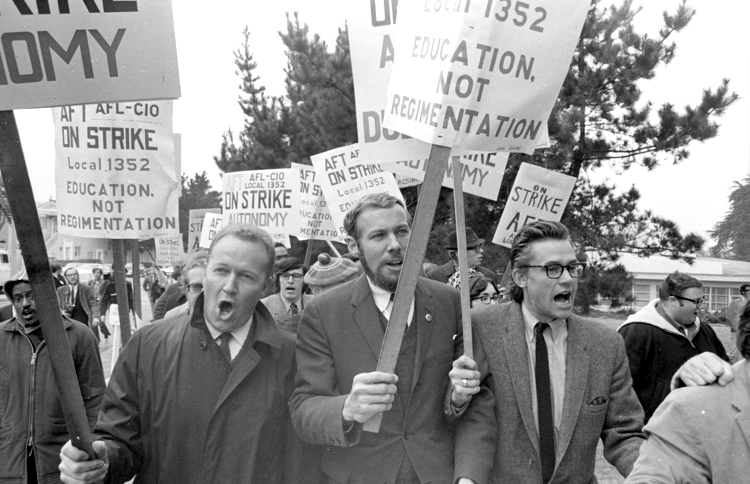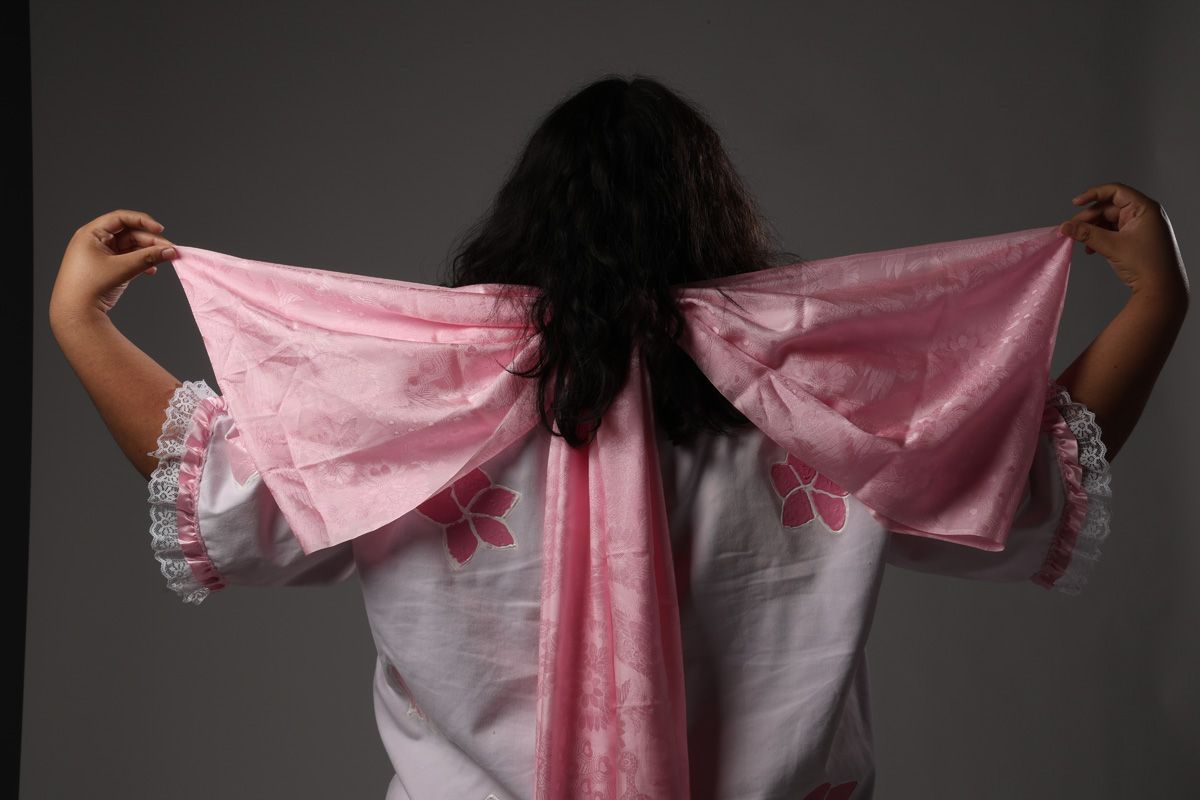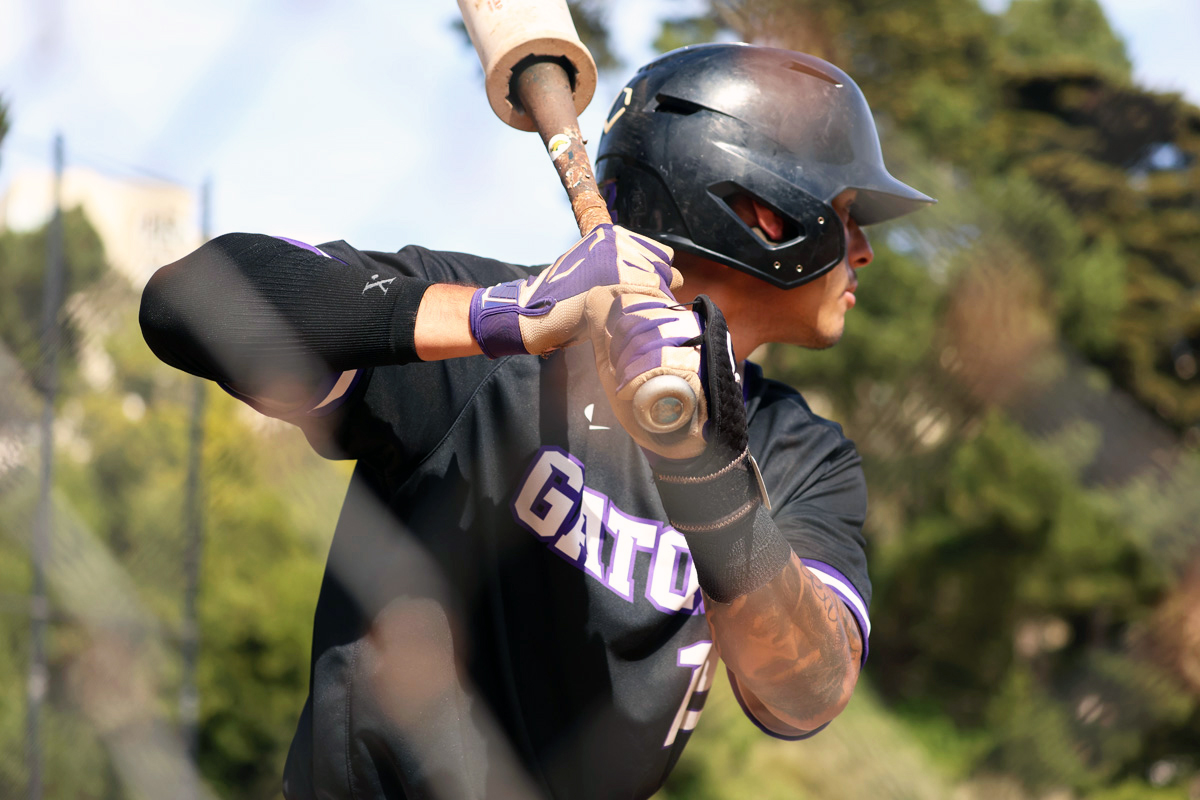As we pass the first anniversary of the October 7th attacks on Israel, the ripple effects of war still find ways to seep into the lives of communities around the world, even on the doorstep of SF State. What happened on October 7th changed the way universities handle student protests and implored a critical lens on the First Amendment rights of students. Multiple college presidents have faced scrutiny and even stepped down over mismanagement of student demonstrations since the attacks on Israel. This has led to new regulations on organized protests throughout college campuses in the nation.
A new California State University system-wide Time, Place and Manner (TPM) policy has been put in effect this semester to determine which organized activities may be conducted on all CSU campuses. According to San Jose State University’s Office of the President’s website, “these regulations ensure that those who participate in lawful expressive activities are protected and do not disrupt university operations or infringe on the rights of others.” They also address how the university will respond to those who do disrupt university activities. While these new regulations were sparked by organized student protests, they are also creating a challenging effect for unions.
The California Faculty Association published an article stating the new CSU policy chills “free speech that administrators do not want to hear,” and labeled the new regulation an “anti-academic freedom of speech policy.” According to the article, the new policy would restrict face coverings and require advanced, written permission for posters.
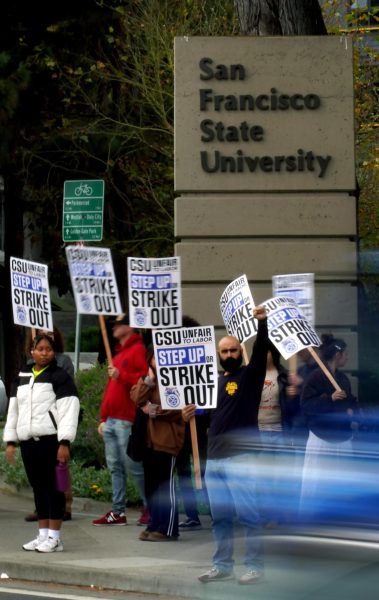
CFA San Francisco Chapter President, Brad Erickson, said not having the Time, Place and Manner restrictions in effect in previous semesters created very positive results.
“We had an encampment that really extended the teaching and learning objectives of our campus,” Erickson said. “It was a place where there was open dialogue and respect, where people felt safe.”
This, Erickson said, exemplified a kind of openness and transparency in which students could make demands with administration in the public.
“Of all the campuses, ours is the only one that [the] administration actually agreed to change its investment practices,” Erickson said. “So, we can see from the example of our campus that ignoring existing time, place and manner actually produced very positive outcomes.”
Coming out against the new interim TPM policy, Erickson said, is coming out against the whole TPM as an infringement of academic freedom. Five faculty had been warned over TPM violations for use of amplified sound at a teaching on Palestine, according to Erickson. Amplified sound, he said, cannot be over 80 decibels under the policy.
The CFA has drafted a resolution to add an article protecting academic freedom to the collective bargaining agreement in response to the new interim TPM policy. According to the resolution, academic freedom for the CFA has been violated under this policy and further states that two faculty members in 2024 have been placed on suspension by the CSU for supporting their students protests against the genocide in Gaza.
“This is the thing about free expression – we actually don’t know when it’s been suppressed,” Erickson said. “Because, if you feel like it’s not safe for you to do something and then you don’t do it, no one knows that that happened. So the damage is already being done.”
Erickson said in an email that the entire assembly voted in favor of the resolution draft, and the final official version will be posted on the CFA website in the near future.
The CFA is not the only union in opposition of the new interim policy. The California State University Employees Union stated the policy is a violation of the Higher Education Employer-Employee Relations Act (HEERA) and has issued a cease and desist demand, according to an article published by the union. The union also filed an unfair labor practice charge with the state labor board.
Khanh Weinberg, communications director for the CSUEU, said in an email that the CSU’s premature implementation of the “Time, Place, and Manner” policy is a clear violation of state labor law.
“As union members, we have legal protections when we engage collectively in union activities such as meetings, leafleting or rallying,” Weinberg said. “Our Union will be scheduling a meeting with the CSU to discuss the issue – something management was obligated to do before implementing a systemwide policy change on employees.”
Noah Giddens, a bargaining team member of the CSUEU and student assistant, said the interim policy very much came as a direct response to the pro-Palestine movements across CSUs.
“So, its target was that [a response to the pro-Palestine movements],” Giddens said. “But the way it’s been done effectively strips any potential campus movement of their power, because it restricts almost any form of civil protest besides stuff that the CSU approves of.”
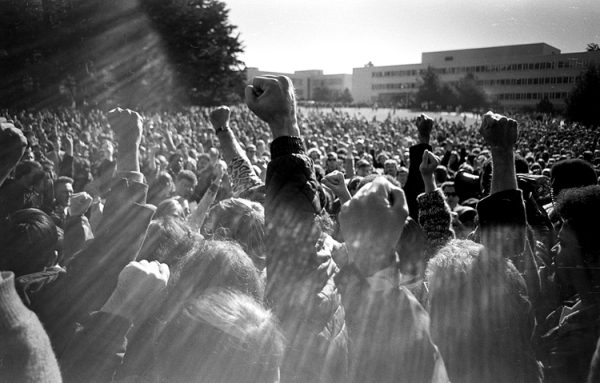
Brian Yan, media liaison for the SF State Student Union, said the Student Union was founded last spring to protest tuition hikes. But according to Yan, it quickly became an anti-Zionist organization and was one involved in forming the encampment at SF State.
Yan stated while SF State has been lax in enforcing a TPM, protestors have still experienced restrictions in the past. According to Yan, student activists have been called up for disciplinary actions for using megaphones at rallies and have been threatened to have their financial aid cut off.
“We haven’t seen any direct effects this semester just yet, but we also know that at other campuses these restrictions are affecting organizers across the campus or across the university system.” Yan said.
Oppression of students that are opposed to this genocide, Yan said, has been increasing.
“This repression is only going to get more and more intense as this genocide continues and the U.S. continues to support Israel,” Yan said.
The Union of Academic Student Workers (UAW) for CSUs is also analyzing the new interim policy. Maci Tolleson, executive board member of UAW Local 4123, said the union is aware of the interim TPM policy and is trying to be as strategic as possible.
“I think it’s really obvious, especially to all of our workers and board members, that the TPM proposed policy is really an extension of that censorship for the encampment,” Tolleson said. “It’s definitely a way to crack down on more free political speech on all campuses, and it really affects all of our campus community members.”
Tolleson agreed with the CSUEU that the policy is a threat to HEERA rights, which have been long-standing since 1979.
“I think any close reading of the TPM policy, proposed policy, really shows that if it was implemented, it really would be a violation of [those] rights.” Tolleson stated.
The union is currently strategizing potential avenues to navigate this, including filing unfair labor practices, according to Tolleson.
“We’re clearly not the only union that feels this way about the proposed TPM policy,” Tolleson stated. “So many labor unions have been filing unfair labor practices against the CSU over the last year. I would say that it’s definitely something that we’re all feeling very, very deeply and rallying around.”


